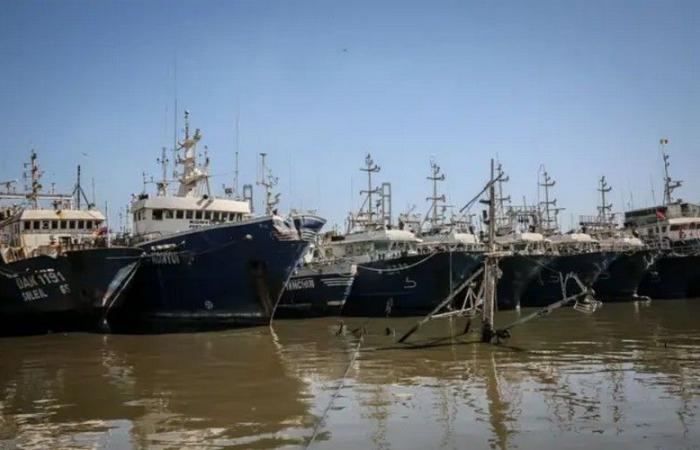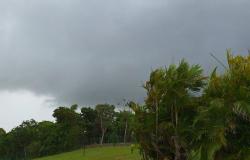
Senegal is taking important measures to combat illegal fishing in its territorial waters, said the Minister of Fisheries, Maritime and Port Infrastructure, Fatou Diouf, during a press conference on November 28, 2024. This declaration comes after the European Union (EU) warning of inadequacies in the fight against illegal fishing in the country’s exclusive economic zone. The Senegalese government assures that it is actively working to remedy these shortcomings, in particular by improving the traceability of exported fish and strengthening the transparency of the sector.
A response to European criticism
The European Union sent a yellow card to Senegal in May 2024, reporting failures in the fight against illegal, undeclared and unregulated (IUU) fishing between 2016 and 2020. These failures notably concerned the traceability of fish and the system of certification, questions raised before the arrival of the current government. During the press conference, Minister Fatou Diouf recalled that the EU’s criticisms referred to a period before they took office. She insisted on the fact that Senegal had already undertaken significant reforms and was in the process of implementing concrete actions to strengthen the management of the country’s fisheries resources.
The European Union audit mission
As part of this response, Senegal recently hosted an audit mission from the European Union, which aimed to assess the progress made and verify the country’s compliance with sustainability and product traceability standards. fisheries. The minister declared: “We must give them all the documents, we must open all the doors to them,” emphasizing the desire of the Senegalese government to collaborate fully with the EU to resolve the identified problems. The mission has now left the country, and the government is awaiting its report to take necessary action based on the recommendations.
An eight-month compliance period
Senegal currently has a deadline of eight months to comply with certain requirements set by the EU, in particular regarding the traceability and certification of fish caught. This deadline is essential for the country to strengthen its fisheries monitoring system and respond to the concerns raised by Brussels. The Senegalese government assures that it takes this issue seriously and that it is putting in place measures to improve the management of maritime resources.
Consequences of the European warning: cessation of fishing by European boats
In response to the failures observed, European boats operating in Senegal’s exclusive economic zone have ceased their fishing activities from November 17, 2024. Jean-Marc Pisani, Ambassador of the European Union, specified that these vessels will be able to continue to operate. fish in the waters of other neighboring countries of Senegal, such as Gambia, Guinea-Bissau, Mauritania or Cape Verde, within the framework of bilateral agreements with these nations.
Towards sustainable management of fishery resources
Senegal, with its rich marine biodiversity and fishery resources, represents a key player in food and economic security in West Africa. The Senegalese authorities are therefore determined to implement reforms aimed at guaranteeing the sustainability of fishing while improving the transparency of the sector. Minister Fatou Diouf added that at the same time, continued efforts will be made to strengthen cooperation with international partners and to ensure that fishing practices in Senegalese waters respect international standards.
Work in progress for sustainable fishing
Senegal has become aware of the issues linked to illegal fishing and is implementing reforms to improve the management of its fishing resources. The authorities are aware of the criticisms made by the European Union, but they assure that progress has been made and that work continues to make the fishing sector more transparent, sustainable and in line with international standards. The country remains committed to working collaboratively with its partners to preserve its maritime resources while supporting food security and economic development.
Moctar FICUU / VivAfrik





